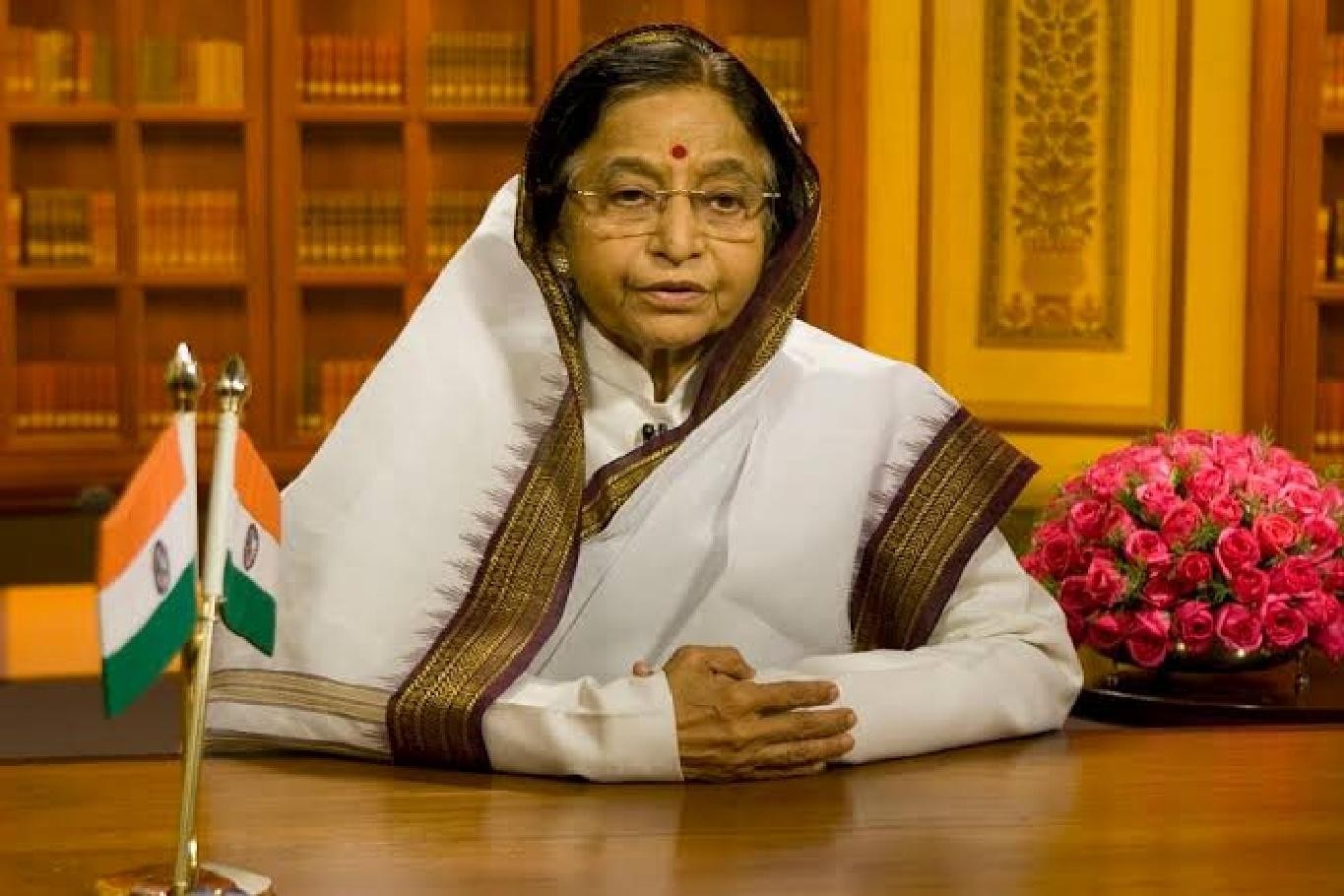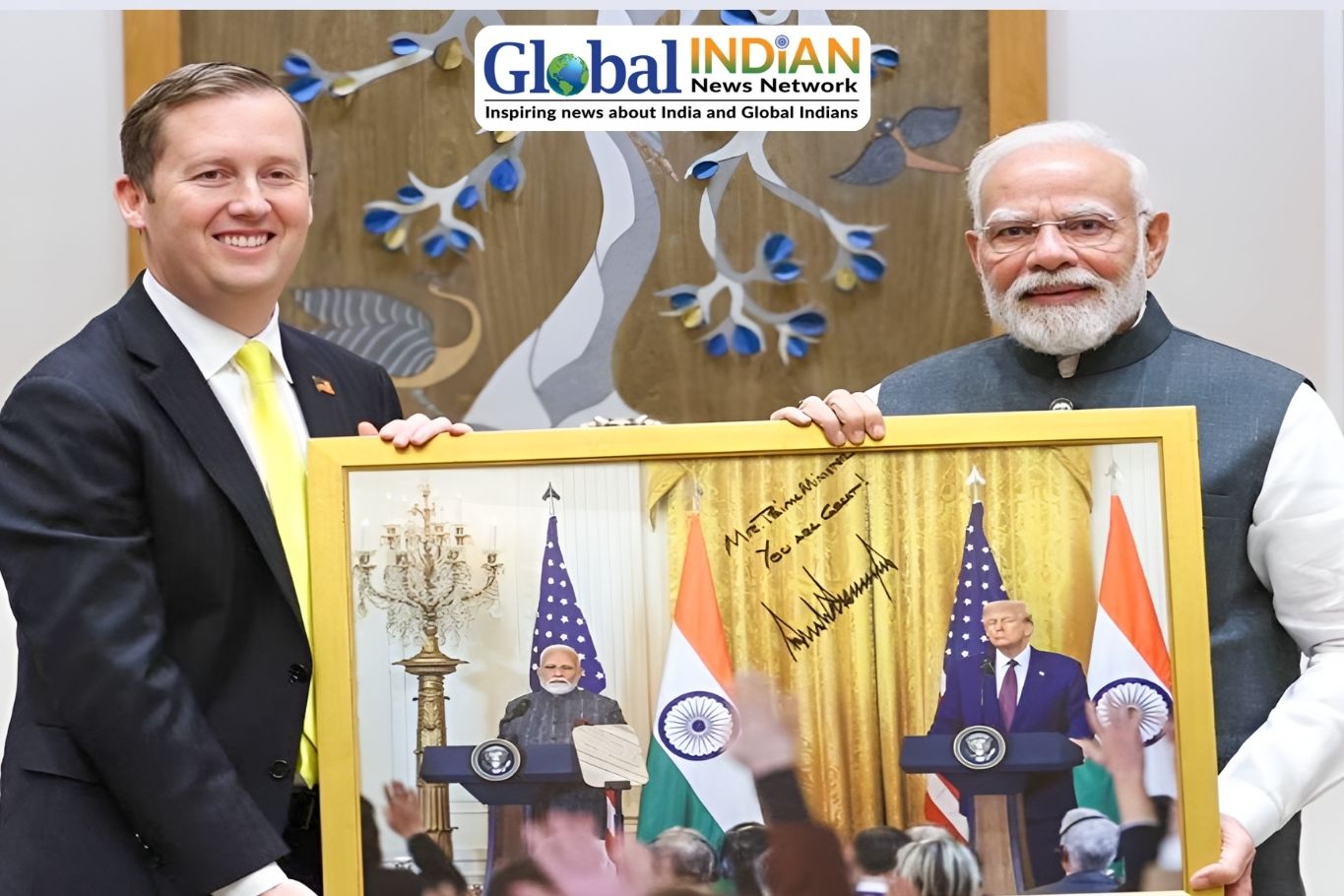
Smt. Patil took office as the 12th President of India on July 25, 2007, making history as the first woman to hold the position. Before her presidency, she served as the Governor of Rajasthan from November 8, 2004, to June 21, 2007. On December 19, 1934, she was born in Nadgaon village, Jalgaon District, Maharashtra. She attended RR Vidyalaya, Jalgaon, and earned a Master’s degree in Political Science and Economics from Mooljee Jetha College, Jalgaon. She further pursued a Bachelor of Laws degree from Government Law College, Bombay (Mumbai). Besides her academic pursuits, she actively participated in sports, excelling in table tennis during college and winning numerous shields at inter-collegiate tournaments.
Commencing her professional journey as a practicing lawyer at Jalgaon District Court, Smt. Patil concurrently engaged in various social endeavors, particularly focusing on the upliftment of underprivileged women. At the age of 27, she won her first election to the Maharashtra State Legislature from the Jalgaon Assembly constituency, subsequently securing four consecutive terms as MLA from the Edlabad (Muktai Nagar) constituency until 1985. She later served as a Member of Parliament in the Rajya Sabha from 1985 to 1990, followed by her election to the 10th Lok Sabha in the 1991 General Elections from the Amravati constituency, maintaining an undefeated record in all elections she contested.
Throughout her tenure in Maharashtra, Smt. Patil held various ministerial portfolios, including Public Health, Prohibition, Tourism, Housing, Parliamentary Affairs, Social Welfare, Education, Urban Development, and Civil Supplies. Additionally, she served as the Leader of Opposition in the Legislative Assembly of Maharashtra from July 1979 to February 1980. In the Rajya Sabha, she held positions such as Deputy Chairperson and Chairperson, while in the Lok Sabha, she chaired the House Committee. She also contributed significantly to numerous institutions, including the Maharashtra State Water Pollution Control Board, Maharashtra Pradesh Congress Committee (PCC), and various cooperative banks and credit societies.
A staunch advocate for women’s and children’s welfare and the underprivileged, Smt. Patil established several institutions to cater to their needs, ranging from hostels for working women and engineering colleges for rural youth to schools for nomadic tribes and farmers’ training centers. She actively organized classes and initiatives for the empowerment and skill development of women, exemplified by her establishment of the Mahila Vikas Mahamandal, a Maharashtra State Government undertaking. Smt. Patil’s unwavering dedication to public service underscores her pivotal role in shaping social and educational initiatives across Maharashtra.











